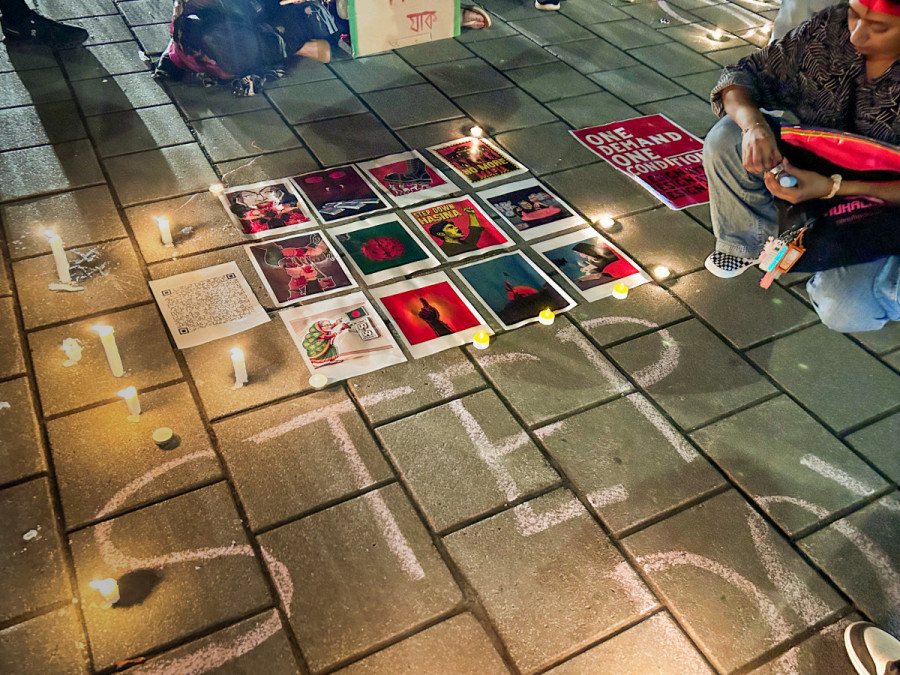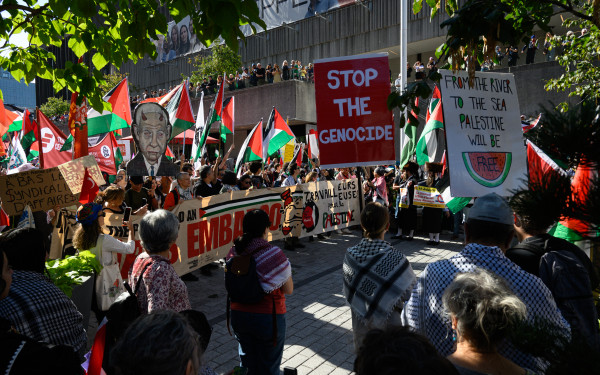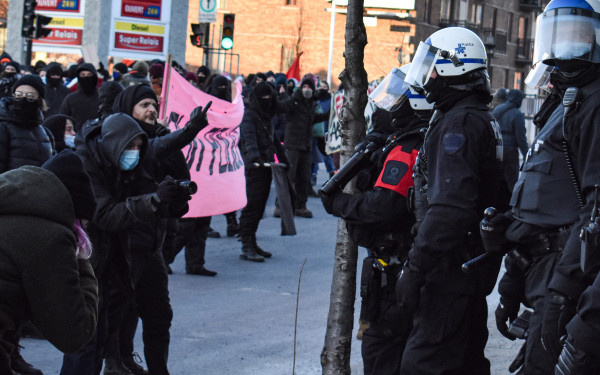Overcoming bullets and internet blackouts
Bangladesh witnesses the world’s first Gen Z revolution
Gen Z is often characterized by a mix of positive and negative stereotypes.
While some view them as entitled and overly dependent on technology, others recognize their strong work ethic and commitment to social causes. However, the actions of Gen Z in Bangladesh have recently caught global attention, showcasing their potential and impact.
Bangladesh has recently witnessed a significant political upheaval, dubbed the "Gen Z revolution," which led to the resignation of long-serving Prime Minister Sheikh Hasina on Aug. 5, 2024. This movement, primarily driven by young student protesters, successfully challenged a 15-year-long authoritarian regime and engaged the Bangladeshi community across the globe.
Bangladesh, one of the most densely populated countries in the world, with over 170 million people, experienced widespread unrest in mid-July. Students were demanding the removal of a quota system which led to clashes with police and counter-protesters, leaving at least 650 people dead. The quota system implies that a maximum of 30 per cent of government jobs are reserved for relatives and families of veterans from the 1971 Bangladesh Liberation War.
In response to the escalating violence, a nationwide curfew was imposed with a “shoot-on-sight” order. Prior to that, the government ordered the indefinite closure of all educational institutions. Many protesters lost their lives due to gunfire from law enforcement and armed members of the ruling party, with numerous pieces of evidence circulating on social media. This was shocking, raising serious concerns about the safety of the people in Bangladesh.
However, videos and images stopped surfacing from July 18 as authorities imposed an internet blackout to “control the situation.” This is noteworthy, considering that the same government has been advocating for “Digital Bangladesh'' for the past 15 years.
This scenario alarmed many Bangladeshi-Canadians like myself. Not being able to properly communicate with family and friends at home was very frustrating. Several demonstrations by local Bangladeshi communities took place across various Canadian cities, including the Concordia and McGill university campuses in downtown Montreal.

There was a brutal crackdown on students in Bangladesh, characterized by mass arrests. Still, the protests spread rapidly among the general population in Bangladesh.
On Aug. 3, the students called for a non-cooperation movement with a single demand—the resignation of the government. However, violence erupted again the next day, resulting in approximately 100 deaths in 24 hours.
On Aug. 5, the students organized a march to the capital. Defying the curfew, thousands gathered in the capital and began marching towards the prime minister’s residence. Being unable to stop them, security forces urged the prime minister to leave within 45 minutes.
Consequently, Prime Minister Hasina resigned and left the country, marking a dramatic end to her 15-year rule. Instantly, the streets filled with people rejoicing, with many referring to it as the second independence of Bangladesh.
Quebec is already experiencing a surge in Bangladeshi asylum seekers amid this unrest.
On Aug. 8, as proposed by the students and supported by the army, Dr. Muhammad Yunus was sworn in as the head of an interim government in Bangladesh. A Nobel Peace Prize laureate, Dr. Yunus is globally recognized as the father of microfinance. His 17-member cabinet includes two student leaders.
Throughout history, youth have often been at the forefront of revolutions across various countries. However, the 2024 revolution in Bangladesh stands out for its several unique aspects.
This is the first successful revolution ever led by Gen Z globally. Without any formal leadership or political agenda, Bangladeshi youth united for a just cause, withstood intense oppression and achieved what seemed impossible.
The spirit of activism among Bangladeshi Gen Z youth has been building over the past few years, with the 2018 Road Safety Movement serving as a notable example. This student-led protest emerged in response to the tragic deaths of two students caused by a reckless bus driver, compounded by a government minister's irresponsible handling of the issue.
During the protests, even teenagers took to the streets, checking driving licenses themselves in the absence of effective enforcement. One of the placards carried by the students during the protest read, “We don’t want 1GB of internet for Tk. 8 (C$0.09). We want safe roads.”
Living in Bangladesh at the time, I was struck by how Gen Z had the courage to speak out in ways that my millennial generation could not. As a long-time volunteer with engineering communities such as the Institute of Electrical and Electronics Engineers, I’ve had the chance to engage with engineering students in Bangladesh and Canada over the past decade. I feel that, like previous generations, Gen Z also aspires to secure careers and improved lives. However, what sets them apart is their remarkable straightforwardness and dynamism.
Now in 2024, this generation has given the people of Bangladesh the drive to revitalize the country as a whole. Remarkably, two student leaders in their 20s—who were imprisoned and tortured by the previous government—are now holding significant positions in the interim cabinet.
The path ahead for this interim government will be challenging. Meeting the basic needs of 170 million people with a weakened administration and a struggling economy while preparing for an election to restore democratic rule is a daunting task. Yet, it is the unwavering spirit of the youth that keeps us hopeful.
It is striking to witness the roles the youth have assumed in the absence of a functioning administration and police force, caused by the sudden power vacuum in Bangladesh. In the past few days, young volunteers have stepped up to manage traffic, clean roads, monitor markets, and safeguard people and property at night.
Overcoming bullets and internet blackouts, the Gen Z youth of Bangladesh remained resilient to achieve freedom, echoing historical patterns of resistance against oppression. Gradually, they are assuming bigger responsibilities to bring the country back on track. This will be a fascinating phenomenon to observe in the coming weeks
This article originally appeared in Volume 45, Issue 1, published September 3, 2024.





_(1)_600_375_s_c1.png)

